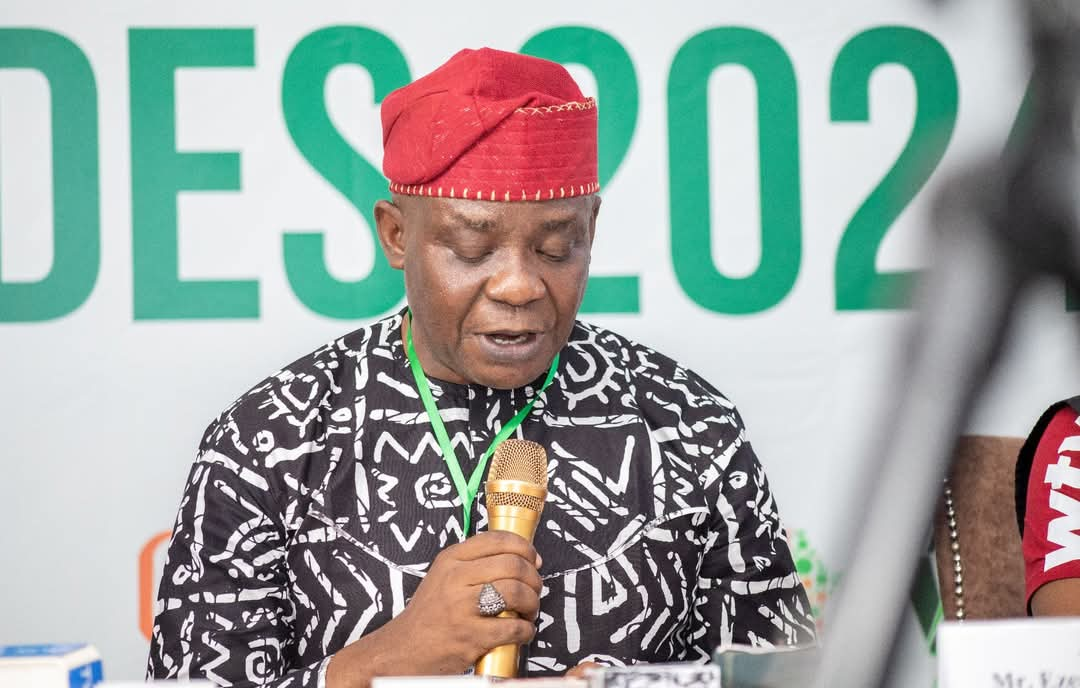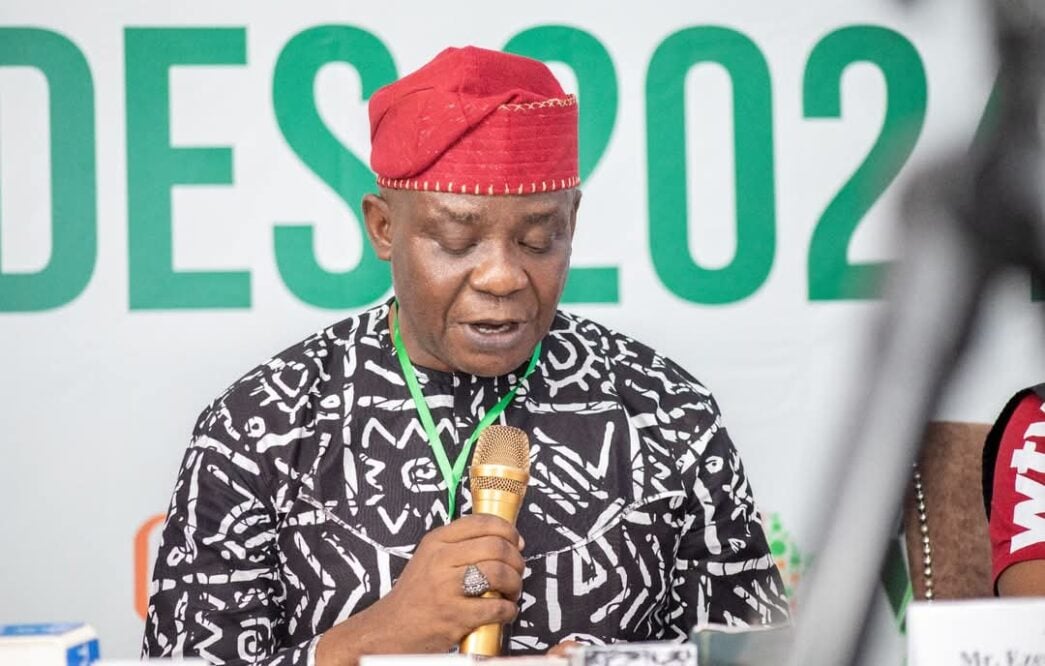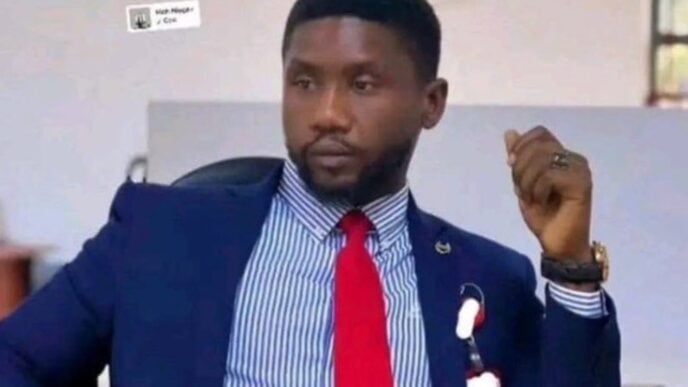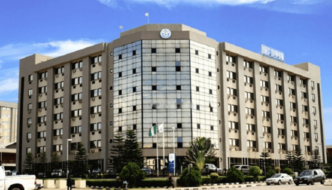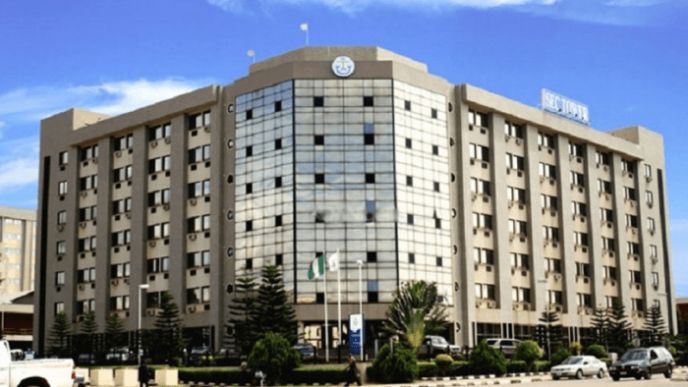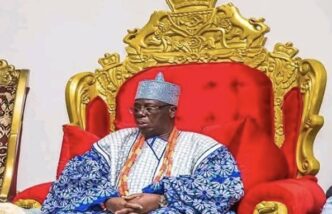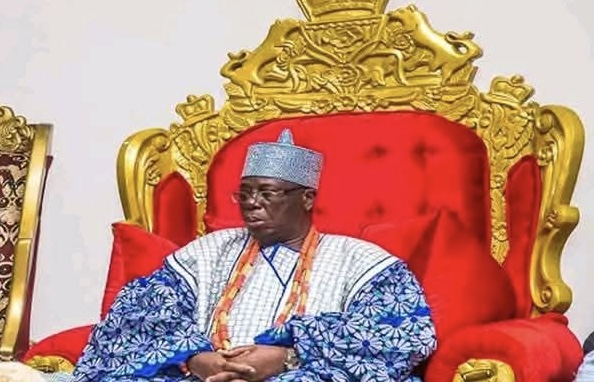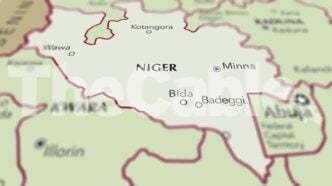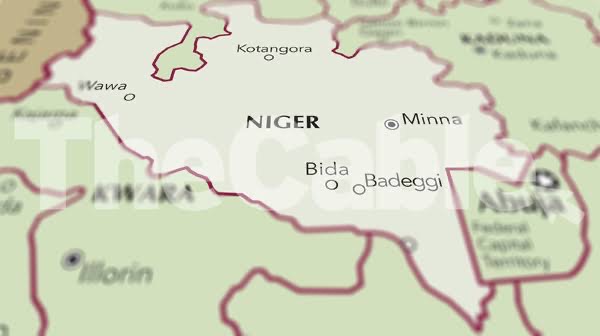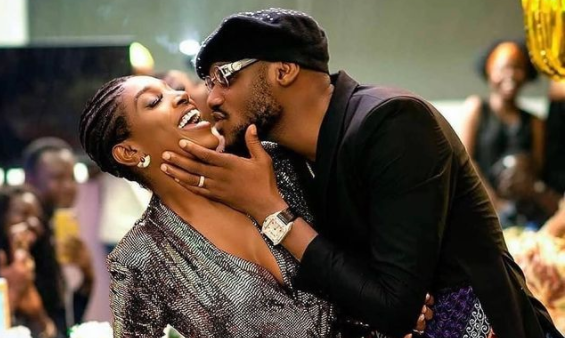Ezenwa Nwagwu is the executive director of the Peering Advocacy and Advancement Center in Africa (PAACA), a leading voice in electoral reforms in Nigeria. In this interview with TheCable’s YEKEEN AKINWALE, he spoke on the need to rebuild citizens’ trust in the democratic process and hold leaders accountable
TheCable: Nigeria has enjoyed uninterrupted democracy in the last 25 years, but in terms of governance and elections, would you say we have made progress?
Nwagwu: Yes, I will say that we have made progress, especially when we consider where we started in 1999 when the country returned to democratic rule.
For instance, the transition from military to civilian rule in 1999 marked a pivotal moment, and the fact that we’ve sustained uninterrupted democracy for 25 years is a significant achievement. This includes holding seven general elections, which demonstrate a degree of resilience in our democratic system.
Advertisement
However, Nigeria still faces significant challenges that undermine our democracy. For instance, electoral malpractice remains a persistent problem in our democracy. Reports of vote-buying, violence, and manipulations continue to undermine the credibility of elections. Governance structures are often weak, and corruption continues to erode public trust in democratic institutions.
These issues have eroded public trust in democratic institutions, leaving citizens questioning the system. Understandably, many Nigerians feel disillusioned, questioning whether democracy has truly delivered the dividends they were promised. Additionally, Nigeria’s political landscape is still dominated by moneybags, leading to the imposition of candidates and misuse of state resources, further alienating the people from governance.
So, on the one hand, I will say that we have made progress, such as improvements in technology through initiatives like the use of BVAS (bimodal voter accreditation system) to enhance electoral transparency, but there is still so much left to be done. For instance, constitutional and electoral reforms are urgently needed to empower institutions like the Independent National Electoral Commission (INEC) to conduct free and fair elections consistently. These reforms are needed if we must improve citizens’ confidence in our democracy.
Advertisement
I am also of the opinion that there is a pressing need to focus on what is happening at the state and local government levels. These tiers of governance directly impact the daily lives of citizens, yet they are often overlooked in discussions about democratic progress. In fact, in some states, governors behave like emperors. Strengthening governance at these levels could lead to significant improvements in service delivery and citizen engagement.
Another aspect of our democratic conversation that is always ignored is the role of political parties. Political parties in Nigeria need urgent reforms. Currently, many political parties lack internal democracy, transparency, and accountability. Nigeria does not currently have what could be described as a viable opposition party.
This is not good for our democracy. Strengthening political parties would make them more responsive to the needs of the citizens and ensure they play a meaningful role in holding government accountable while offering credible alternatives during elections.
TheCable: Why is the focus on strengthening political parties important?
Advertisement
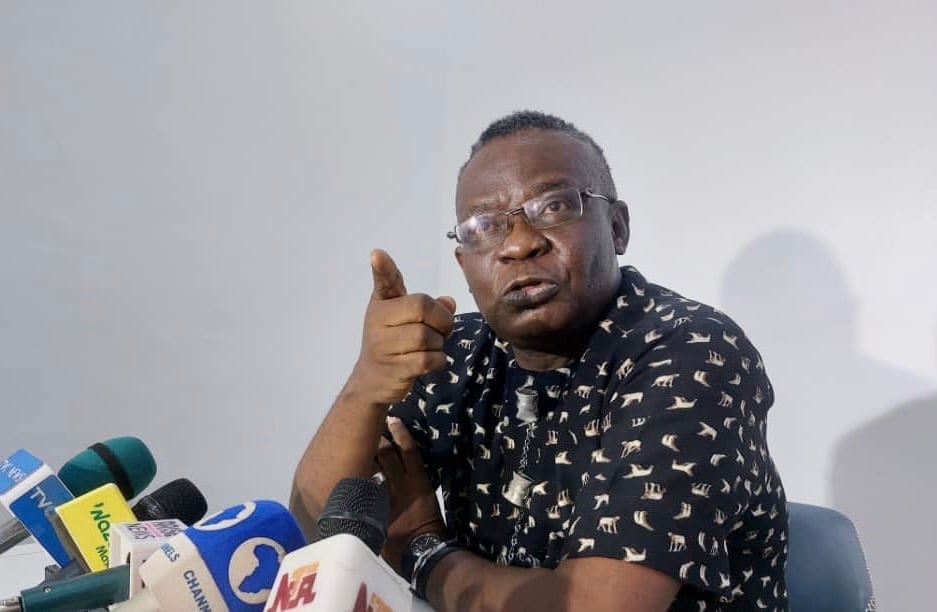
Nwagwu: Political parties are the cornerstone of democracy. However, in Nigeria, like I mentioned earlier, they often lack internal democracy, transparency, and accountability.
If you look at the challenge of vote buying in our elections, it is entrenched in the political parties and how their candidates emerge from primary elections. If you also look at election litigations in our courts, the majority of them are pre-election matters, emerging from party primaries.
We have to ensure that our political parties are structured in a way that they are responsive to citizens’ needs, have ideological beliefs, and are capable of providing genuine alternatives or holding the government accountable in case they lose elections. We must discourage the habit of everyone decamping to the winning party immediately after elections are lost.
TheCable: You seem to be talking about a political reawakening for both citizens and the political class. How do you think this can be achieved?
Advertisement
Nwagwu: Well, if you take a look at the 2024 Ibrahim Index of African Governance, it highlights a concerning decline in Nigeria’s governance, ranking it 33rd out of 54 African nations with a score of 45.7 out of 100.
Particularly troubling is the “security and safety” subcategory, where Nigeria has dropped 11 points, placing it among the bottom five African nations. This decline reflects broader challenges, including reduced citizen participation, weakened accountability structures, and a lack of transparency.
Advertisement
The question is, how did we get here? This should concern every Nigerian. However, rather than continue to agonise, PAACA, in partnership with other pro-democracy civil society organisations, has decided to launch a project to strengthen Nigerian democracy. Criticism is good, but it is better if we can proffer solutions.
So, we felt the need to say that as we prepare for the 2027 elections, there should be increased advocacy for constitutional and electoral reforms to empower INEC and ensure credible elections by 2027.
Advertisement
As I have always maintained, an election is not a one-day event; it is a process. Our advocacy for credible polls in 2027 must start early enough. So, the strengthening Nigerian democracy campaign that we have decided to launch is focused on mobilising and engaging in citizens’ education to reignite trust in the democratic process and encourage active participation in governance. We also hope to strengthen political parties to make them more democratic, accountable, and responsive to citizens’ needs.
TheCable: Why are these reforms important?
Advertisement
Nwagwu: It is my opinion that by focusing on tangible reforms such as improving electoral integrity, enhancing governance structures, and promoting citizen participation, we can rebuild citizens’ trust. But one aspect that is key to the strengthening Nigerian democracy project is how to reignite public belief in the democratic process.
The challenge for us is that we have seen a lot of misinformation and disinformation around our elections and democracy. Therefore, we must invest in awareness creation to restore confidence in ongoing democratic reforms and demonstrate the possibility of free, fair, and credible elections in 2027.
Also, we must educate citizens on their rights to hold elected public officials accountable. This is one aspect of our democracy that is still lacking, where citizens are sometimes apathetic or reluctant to engage in the democratic process. The implication of this is that public officials often appear to be more focused on serving themselves rather than the people they were elected to represent.
There seems to be a disconnect between how the government communicates its policies to the people. This disconnect between leadership and citizens has led to widespread frustration, with many Nigerians feeling that their voices do not matter and their needs are being ignored. Democracy thrives on the active participation and vigilance of its citizens. The strengthening Nigerian democracy project is a call to action for all Nigerians to work collectively in reversing the country’s democratic decline.
TheCable: What role will citizens play in this campaign?
Nwagwu: I am confident that this conversation will kickstart a new advocacy that will lead to a more transparent electoral process and good governance. So, we look forward to every stakeholder from every sector supporting our advocacy reforms, providing financial and moral backing, and participating in activities like the national conference and campaign efforts.
Their collective input will be critical in driving the reforms. We envision as part of the project an accountable, inclusive, and resilient democracy in Nigeria. We desire to create a system where citizens trust in their institutions, leaders act with integrity, and the democratic process delivers the development and prosperity that Nigerians have long envisioned.
Add a comment
